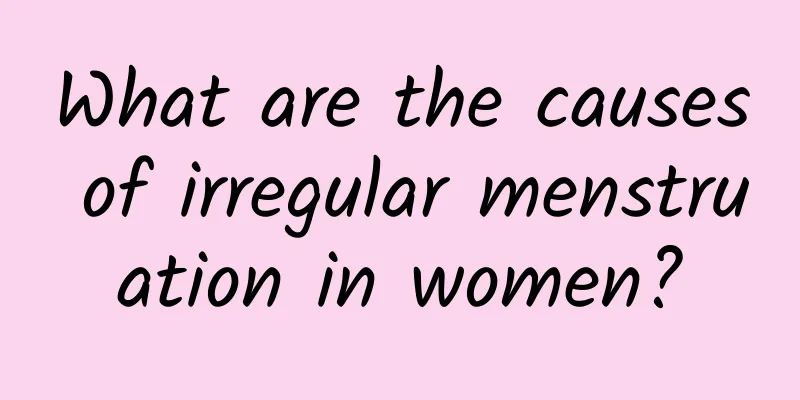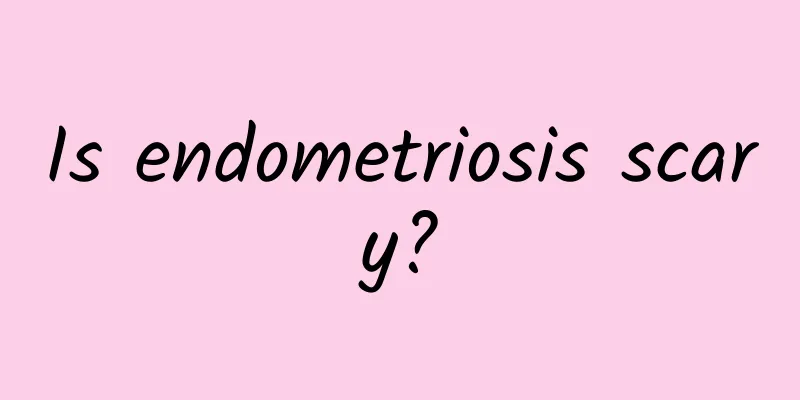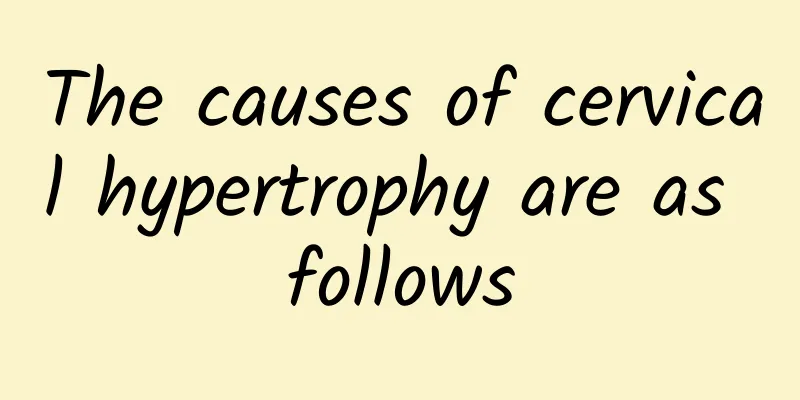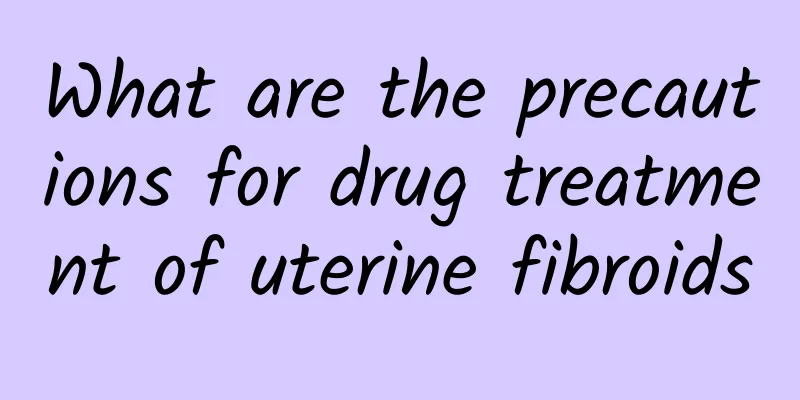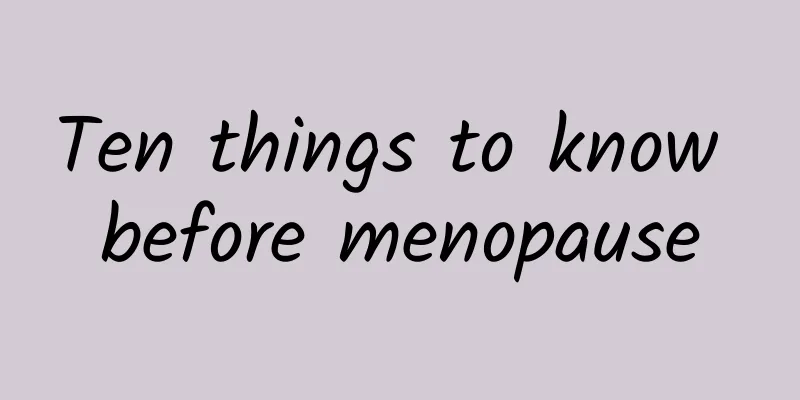Are polycystic ovaries polyfollicular?
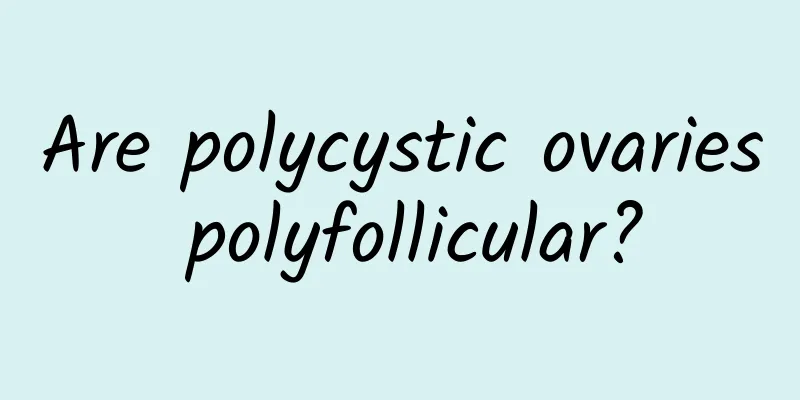
|
Polyfollicular ovary and polycystic ovary are two different ovarian conditions. Although the names are similar, they cannot be confused. Polyfollicular ovary is a physiological phenomenon in which multiple follicles exist in the ovary, while polycystic ovary syndrome (PCOS) is a pathological disease related to endocrine disorders. To distinguish between the two, it is necessary to combine symptoms, hormone levels and imaging examinations. 1 Characteristics and causes of polyfollicular ovary Polyfollicular ovary refers to the presence of multiple small follicles in the ovaries, which is usually found by ultrasound examination. This is usually a physiological phenomenon, especially common in women of childbearing age. Its formation may be related to factors such as hormone fluctuations, good ovarian reserve or the use of ovulation-inducing drugs. In most cases, it does not cause clinical symptoms and does not require special treatment. If there is no accompanying menstrual disorder, infertility, etc., there is no need to worry. 2 Symptoms and causes of polycystic ovary syndrome Polycystic ovary syndrome is a complex endocrine and metabolic disorder characterized by ovulation disorders, hyperandrogenism symptoms such as hirsutism and acne, and polycystic ovaries on ultrasound. The causes may include genetic factors and insulin resistance. It has a greater impact on health than polyfollicular ovary and may cause infertility, metabolic syndrome and other problems, so timely intervention is necessary. 3 How to distinguish and treat Doctors distinguish the two conditions by taking a medical history and doing hormone blood tests and ultrasonography. Polyfollicular ovaries usually do not require treatment, only regular follow-up monitoring. Treatment of PCOS depends on the patient's symptoms. Drug treatment: such as oral contraceptives to regulate menstruation, anti-androgen drugs such as spironolactone to improve symptoms of hirsutism, or metformin to improve insulin resistance. Lifestyle intervention: A low-sugar, low-fat diet and at least 30 minutes of exercise per day are recommended to help regulate weight and hormone balance. Fertility treatment: If infertility is a problem, you can use ovulation-inducing drugs such as clomiphene or injectable sex hormones to help ovulation under the guidance of a doctor. Polyfollicular ovaries and polycystic ovaries are two different concepts. For women of childbearing age, if multiple follicles are found in the ovaries, it is recommended to cooperate with the doctor to check and determine the cause. If accompanied by discomfort or abnormal menstruation, you should seek medical treatment in time for regular treatment to maintain your health and fertility. |
<<: Can I take anti-inflammatory drugs for cervical inflammation?
>>: Will precocious puberty lead to premature ovarian failure?
Recommend
Reasonable choice of treatment method for ectopic pregnancy
Ectopic pregnancy is currently the most common gy...
What are the dietary treatments for menopause? Eating the right foods can help relieve symptoms
To prevent menopausal syndrome, in addition to im...
A review of treatment methods for cervical precancerous lesions
If you are sick, you must actively seek treatment...
How to treat black menstrual residue after abortion? 5 ways to treat black menstrual residue
Abortion is one of the methods that women choose ...
Symptoms of third degree cervical erosion
Symptoms of third degree cervical erosion: Third ...
Is drug treatment good for chronic cervicitis in women? 3 most effective treatments for chronic cervicitis
There are many ways to treat chronic cervicitis. ...
Common symptoms of irregular menstruation include the following
In life, irregular menstruation has affected the ...
Edema is not conducive to weight loss, so the body's circulation should be adjusted
Many people are concerned about the fat on their ...
Where is the best hospital to check endometrial thickness?
Endometrial thickness is a common disease. Many w...
Endometrial tuberculosis dietary taboos
Endometrial tuberculosis is a common disease in o...
Don't ignore the dangers of cervicitis
There are many factors around us that cause cervi...
Experts explain the causes of pelvic inflammatory disease in women
Speaking of pelvic inflammatory disease, I believ...
Lose weight by eating vegetarian food? Five healthy principles for less frying and more steaming
Obesity is the public enemy, but can a vegetarian...
Can I eat black beans if I have endometrial polyps?
Can I eat black beans if I have endometrial polyp...
This is how you do stepping exercise! Just use the steps
So, let's start climbing the stairs. Stand in...
